By Ellie Ivanova Ponti
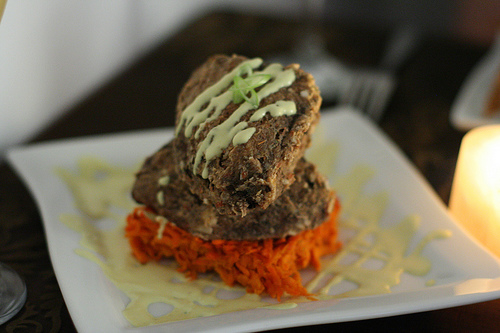
Photo: Geoff604
No, this is not related to Julia Child, whose culinary mystique I seem to have missed, being a transplant from a different culture on American soil. It’s about books on cooking in general, the writing of/on cooking and on the pleasure of food. Well, the concept of food is having a renaissance in the States, with cooking TV shows and even a Food Channel, cuisine stars such as Rachel Ray and Giada De Laurentis, and a proliferation of recipe books sold in bookstore that belie the trend of people actually not cooking at home.
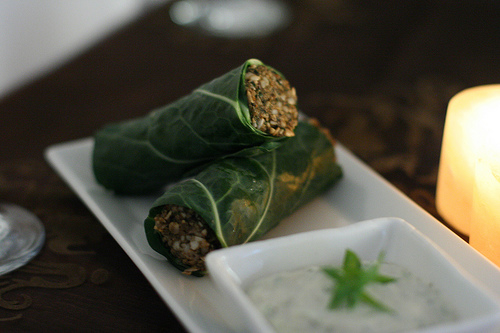
Photo: Geoff604
But food is usually considered a mundane endeavor. Cooking is like cleaning – necessary for survival, but not spiritual or intellectual enough to deserve literati’s respect and popularity. Nobody reads poetry while timing the pasta and making the sauce. You have to be practical and expedient, not abstract and symbolic in that moment. I was not surprised by Lucas Green’s comment on packing books when he moved and “discovered that the cook books have been fornicating with the poetry books.” Yeah, these are usually not allowed to mix together, right?
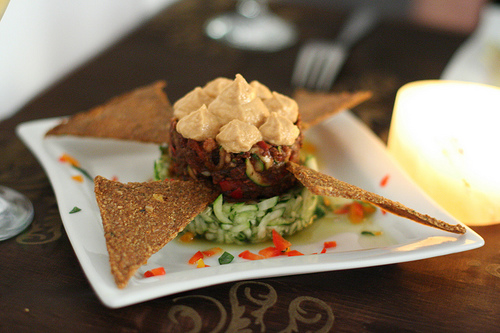
Photo: Geoff604
Actually, there has been a growing and enthusiastic trend in mixing food with poetry. I am not talking just about Eat, Pray, Love, a poetic, spiritual and self-helpy book on discovering the transcendence of food. I am talking about books in the same artistic domain as films such as Babette’s Feast.
Here is a short list of such artsy-food books for those who enjoy mixing food and letters.
The matriarch of them all, of course, is Laura Esquvel’s Like Water for Chocolate, where a love affair is expressed by cooking and consumed, collectively, through eating the prepared meals. The delicious concoctions of Tina, the youngest daughter of the family and the designated cook, cause people to fall in love, run away and generally drive the action in the novel.
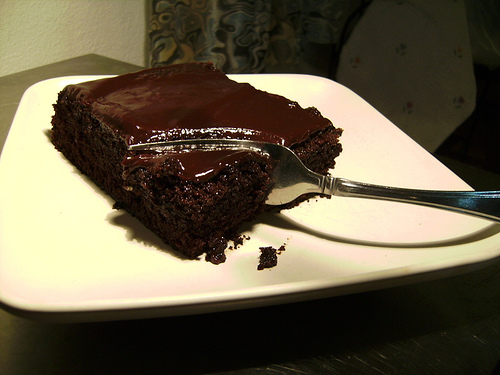
Photo: Geoff604
A World of Pies by Karen Stoltz, on the other hand, uses exploration of new recipes as a way of integration into a community. Social change makes its way into cooking; in fact, it’s expressed through cooking and its social appreciation. Roxanne, the protagonist and a Texan, learns about life and how to live it through those recipes.
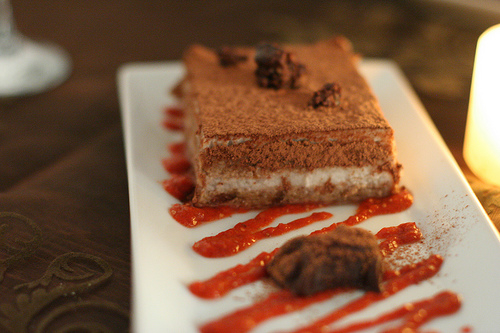
Photo: Geoff604
And then, She Flew the Coop (Michael Lee West) takes us to third food-centric territory, Louisiana. Preoccupation with food, again the driving force behind life’s events, is much darker, maybe because the author is a man. For example, see the possibility that what one consumes might be poisonous, which happens to one characters. Recipes are a way to explain one’s actions and motivations, a way to communicate and secure ties with the community, and to establish credibility.
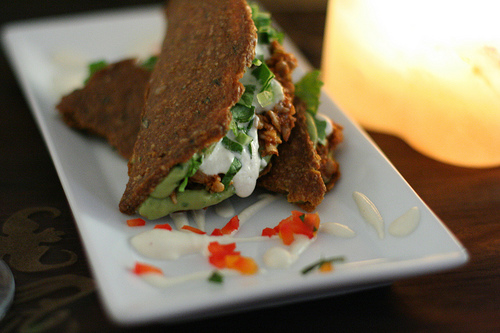
Photo: Geoff604
And there are many more cooking and recipe novels… Feel free to add more.
In literary criticism, cooking and food are fashionable now, too. There is a myriad of articles interpreting the meaning of food in novels. Medievalists take up medieval cooking practices and publish cookbook manuscripts with recipes that are probably impossible to make today. See, even I wrote a post on how recipe research is similar to textual criticism!
You can read other articles by Ellie Ponti on her blog.











1 comment so far ↓
Nobody has commented yet. Be the first!
Comment